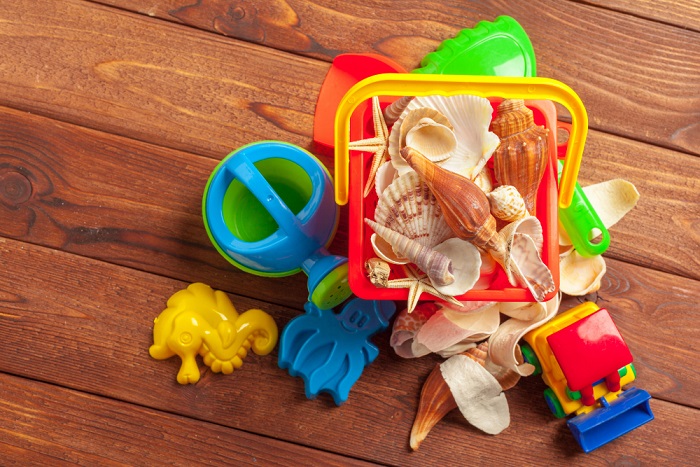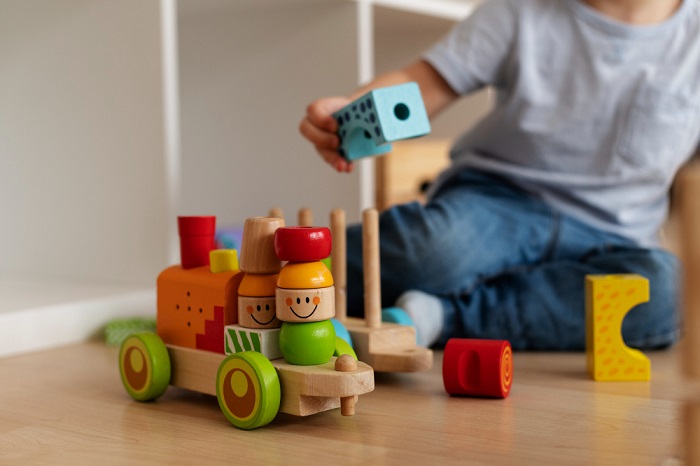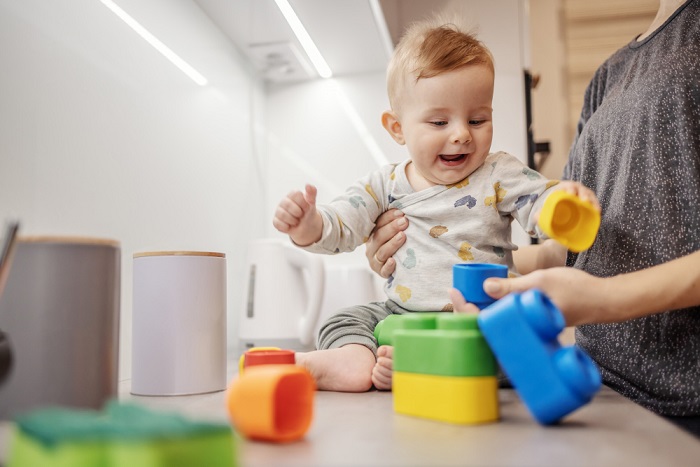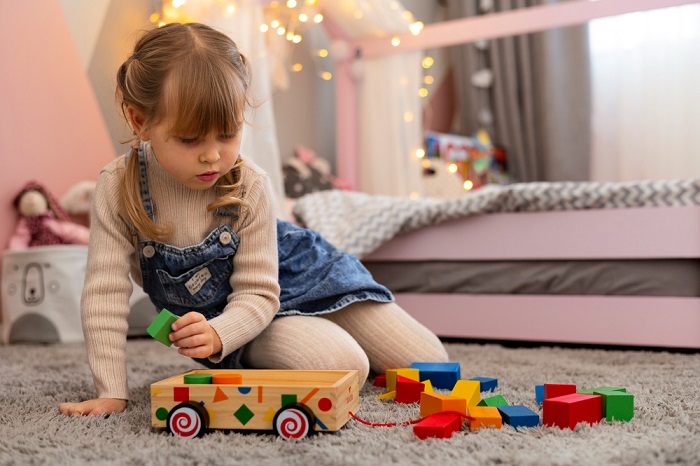Children with special needs often face unique challenges when it comes to play and learning. However, with the right toys and resources, these children can experience the joy of play, enhance their learning abilities, and promote inclusion within their communities. In this article, we’ll explore the importance of kids toys for special needs kids and highlight some key considerations when selecting toys that cater to their specific needs.
Promoting Developmental Milestones:
Toys play a crucial role in promoting the development of children with special needs. By providing toys that cater to their specific needs and abilities, parents and caregivers can help these children achieve important developmental milestones. For example, toys that focus on sensory stimulation can benefit children with sensory processing disorders, while toys that encourage communication and social interaction can support children with autism spectrum disorders.
Encouraging Sensory Exploration:
Many children with special needs, such as those with autism or sensory processing disorders, benefit from toys that engage their senses. Sensory toys, such as textured balls, sensory bins, and tactile puzzles, provide opportunities for children to explore different textures, colors, sounds, and smells. These toys can help children regulate their sensory input, improve their sensory processing skills, and promote relaxation and self-regulation.
Supporting Fine and Gross Motor Skills:
Toys that focus on fine and gross motor skills development are essential for children with physical disabilities or motor delays. For example, toys that encourage reaching, grasping, and manipulating objects can help improve fine motor skills, while toys that promote crawling, walking, and jumping can enhance gross motor skills. Adaptive toys, such as switch-operated toys and mobility devices, provide children with physical disabilities the opportunity to engage in play and movement.
Fostering Communication and Language Skills:
Communication and language development are critical areas of focus for many children with special needs, including those with speech and language delays or disorders. Toys that encourage communication and language skills, such as interactive books, picture cards, and communication boards, provide opportunities for children to practice verbal and nonverbal communication, expand their vocabulary, and improve their social communication skills.
Encouraging Social Interaction and Inclusion:
Toys play an important role in promoting social interaction and inclusion for children with special needs. By providing opportunities for cooperative play, turn-taking, and sharing, toys help children develop essential social skills and build positive relationships with their peers. Inclusive toys, such as games and activities that accommodate different abilities and learning styles, foster a sense of belonging and acceptance within peer groups and communities.
Building Confidence and Self-Esteem:
Toys that cater to the interests and strengths of children with special needs can help build confidence and self-esteem. When children engage in play activities that they enjoy and excel at, they experience a sense of accomplishment and pride in their abilities. Adaptive toys and assistive devices that empower children to participate in play and activities independently can also boost their self-confidence and sense of autonomy.
Providing Opportunities for Sensory Integration:
Many children with special needs, such as those with autism or ADHD, benefit from toys that facilitate sensory integration. Sensory integration toys, such as therapy swings, sensory swings, and balance boards, provide opportunities for children to engage in vestibular, proprioceptive, and tactile input activities. These toys help children regulate their sensory systems, improve their attention and focus, and promote calmness and relaxation.
Ensuring Safety and Accessibility:
When selecting toys for special needs kids, it’s essential to prioritize safety and accessibility. Choose toys that are age-appropriate, durable, and free from small parts that could pose choking hazards. Consider the specific needs and abilities of the child when selecting toys, ensuring that they are accessible and easy to use. Look for toys with adaptive features, such as large buttons, easy-grip handles, and adjustable settings, that accommodate different levels of physical and cognitive abilities.
Incorporating Technology and Assistive Devices:
Technology and assistive devices can play a valuable role in enhancing play and learning experiences for children with special needs. Consider toys that incorporate technology, such as interactive games, apps, and devices, that cater to the child’s specific needs and interests. Assistive devices, such as communication devices, sensory tools, and mobility aids, can also enhance access to play and activities for children with physical or communication challenges.
Consulting with Therapists and Educators:
Finally, consult with therapists, educators, and other professionals who work with children with special needs for guidance and recommendations when selecting toys. These professionals can provide valuable insights into the child’s individual strengths, challenges, and developmental goals, helping you choose toys that are most beneficial and appropriate for their needs.
Conclusion:
Toys play a vital role in enhancing learning and inclusion for children with special needs. By providing toys that cater to their specific needs and abilities, parents and caregivers can support children’s development, promote social interaction and inclusion, and foster confidence and self-esteem. When selecting toys for special needs kids, prioritize safety, accessibility, and individual preferences, and consult with professionals for guidance and recommendations. With the right toys and resources, children with special needs can experience the joy of play, learning, and belonging in their communities.




